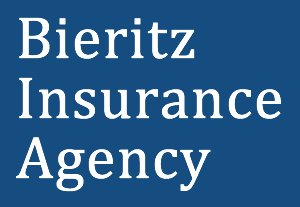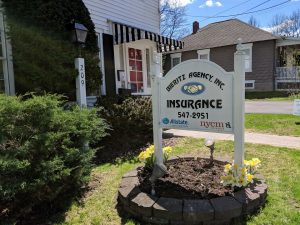5 Things to Consider When Buying Boat Insurance
 We understand that, with summer right around the corner and water temperatures sure to be rising, you want to get back out on that water fast. While the draws of Glimmerglass and other bodies of water are many, your safety is nothing to be hasty about, and so here we provide 5 things to consider when buying boat insurance.
We understand that, with summer right around the corner and water temperatures sure to be rising, you want to get back out on that water fast. While the draws of Glimmerglass and other bodies of water are many, your safety is nothing to be hasty about, and so here we provide 5 things to consider when buying boat insurance.
- Your Boat is Not Covered by your Auto & Homeowners Insurance Policies
- Auto & Homeowners Policies Limitations
- While your auto insurance will cover your boat when you are traveling with it attached to your vehicle on land, it does not cover your boat when it is in the water.
- Similarly, your homeowners insurance will cover your boat for damage done to it while it is on your property, but, when your boat is on the water, it will usually only cover a small boat or at most; a boat with a small engine in certain waterways. It also often does not cover for salvage work, wreck removal, and pollution or environmental damage.
- Similarities with the Other Policies:
- As with homeowners insurance, your boat insurance covers you for injury to others while they are on your boat, and it also offers you replacement cost or cash value in the event of damages.
- Like your auto insurance, your boat insurance covers you for your boat’s damage to others and others’ boats and docks, as well as for the damage done to your own boat by others’ or the environment. Furthermore, it can be additionally protected against its theft or theft of contents (often specialty gear), against vandalism, fires and floods. It can also cover you for towing and while you are outside of the US.
- Differences from the Auto & Homeowners Policies:
- Unlike these two other policies, your boat insurance policy can be suspended while your boat is not in use, which can save you some money.
- Your boat insurance policy also covers you for permanently attached items like motors, oars, anchors, and navigational equipment.
- Pick the Right Agent (Check with our Team at the Bieritz Agency and Morris Insurance)
- It is never fun to suffer a loss and then be pressed into haggling over discrepancies in the insurance policy, so it is wise to put the effort in upfront by locating the right agent for you, and thoroughly discussing your needs with them.
- Make sure they are familiar with boats and boating.
- Make sure they are connected with well-respected marine insurer companies.
- Make sure they are providing you with advice that is reasonable and applicable to you and your boating needs.
- Factors that Affect Policy Cost
-
- Where you Plan to Boat:
- Inland or coastal
- Freshwater ($) or saltwater ($$$)
- In-country or out-of-country
- Specific locations out-of-country
- Storm Plan
- In the event of a strong storm, whether or not you decide to have your boat stored in a secure facility or towed to a safer locale could affect your policy price. If you want to be covered for damage done during a storm, you must follow the plan.
- Agency
- You can bundle your policies and get discounts if you buy your boat insurance from the same insurance company that holds your auto and homeowners policies.
- Where you Plan to Boat:
- Type of Boat
- Suspension
- During the off-season (or times of the year when your boat is not being used), you can suspend your policy and reduce your costs.
- Things that may Qualify for Discounts:
- Taking a boating class or previous training and certification in classes
- Good driving and boating record
- Safety equipment and fixtures
- Agreed vs. Market/Actual Cash Value
- Like cars, your boat suffers a decrease in the amount of money it is worth as soon as you put it on the water, and it continues to decrease with time.
- When you agree on a policy with your agent, you can decide whether, in the event of your boat being partially or completely destroyed, you want to be reimbursed to an “agreed value” or a “market/actual cash value.”
- Agreed value is what you and your agent decide the boat’s worth is at the time of purchasing insurance for it.
- It tends to cost more than market/actual cash value, which is the value of the boat in its “lifespan” at the time of the incident.
- While you might get more money back for damages with agreed value, insurers may push for actual cash value, which could offer you savings at the time of purchasing the policy.
- Whether or not you feel your craft should be insured, it might be a good idea to buy a minimum liability coverage worth at least $500,000.
Accidents happen, and it is always helpful to have something to fall back on! If you are looking for information about insuring your boat, give our team a call at either of our offices in Cooperstown at 607-547-2951 or in Morris at 607-263-5170.
Be safe and enjoy the water!

